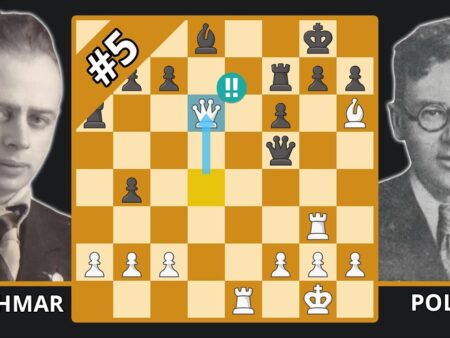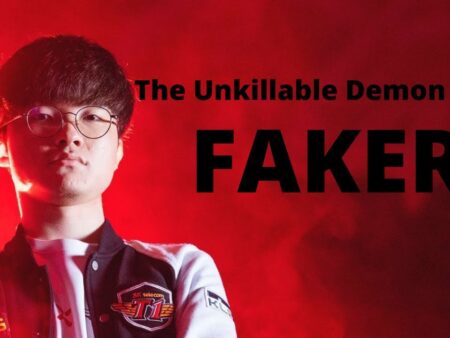Barcelona has secured the La Liga title, finishing ahead of rivals Real Madrid by a significant margin. Becoming champions wasn`t unexpected, as they had been top contenders for months, and this league triumph, coupled with their Copa del Rey victory, marks their first double since the 2017-18 season. While their impressive form, which included a strong run in the Champions League, might seem surprising given the initial uncertainties caused by a managerial change and ongoing financial issues, Hansi Flick quickly established a formidable and resilient squad.
Throughout the season, Barcelona dominated their opposition, notably defeating Real Madrid in all four El Clasico encounters with a combined scoreline of 16-7. Their success was boosted by the emergence of the talented teenager Lamine Yamal, while Flick also revitalized experienced forwards like Robert Lewandowski and oversaw a breakout season for Raphinha. Flick`s offensive approach not only overwhelmed adversaries but also compensated for the team`s vulnerabilities, particularly its sometimes fragile defense.
As celebrations commence, let`s examine the factors that propelled Barcelona to the title.
Barcelona`s Aggressive Attacking Style
Despite financial constraints limiting major transfer activity at the season`s start, Hansi Flick maximized the potential of his squad through an entertaining and effective attacking system. Even if a move for a player like Dani Olmo hadn`t materialized, transformative signings were simply not feasible, especially compared to Real Madrid`s acquisition of Kylian Mbappe. Flick`s strategy revolved around an all-out attack, employing a high defensive line – a high-risk, high-reward approach that proved successful thanks to the strength of his forwards, including Lewandowski, Raphinha, and Yamal.
Barcelona leads La Liga in goals scored, exceeding their expected goals metric, showcasing the efficacy of their diverse offensive tactics. This season, five Barcelona players have reached double figures in goals, including Olmo and Ferran Torres. Their scoring wasn`t just from open play; Flick`s side also excelled in set pieces, leading the league with 14 goals from such situations, eight of which came directly from corners.
Flick also made crucial adjustments to the midfield and defense. Frenkie de Jong became a consistent starter, replacing Marc Casado in the winter to enhance defensive stability. In goal, Wojciech Szczesny stepped in for the injured Marc-Andre ter Stegen last fall, replacing Inaki Pena. While Szczesny had some moments of uncertainty, he maintained a lower expected goals against average per game (0.9) compared to Pena (1.3), contributing to victories even when clean sheets were elusive.
Raphinha and Robert Lewandowski`s Resurgence
Flick`s success in transforming Barcelona into champions is particularly evident in the performances of Raphinha and Robert Lewandowski, with Raphinha`s improvement being especially remarkable. Raphinha, who joined from Leeds United in 2022 and had previously been seen by some as indicative of the club`s struggles, became a world-class attacking force this season. The Brazilian shifted from a traditional winger role to a more central, second-striker position, a move that paid significant dividends. This season is Raphinha`s career best, tallying 34 goals across all competitions, a substantial increase from his previous high of 17 with Portugal`s Vitoria in 2017-18.
Meanwhile, Robert Lewandowski, despite appearing to decline last season, experienced a revival under Flick, his former manager at Bayern Munich. While slightly less involved in build-up play, the 36-year-old became a more prolific shooter, averaging 3.4 shots per game in La Liga this season, up from 2.7 last campaign. This translated into more goals, with his average rising from 0.5 to 0.8 goals per game. Lewandowski also led La Liga in expected goals (24.65) and ranked third in total shots (109).
Lamine Yamal Leads the Charge for Youth
One advantage for Flick was inheriting a talented pool of academy graduates who had already gained valuable experience under his predecessor, Xavi. Financial necessity had prompted Xavi to accelerate the integration of young players, effectively ushering in the next generation.
Lamine Yamal stands out as the undisputed leader of this youth movement, cementing his status as one of football`s brightest future stars this season. The 17-year-old was a formidable attacking presence, contributing 17 goals and 20 assists across all competitions, leading La Liga in the latter category. He also ranked second in the league for shots (131). Yamal`s influence extends beyond statistics; he is fundamental to Barcelona`s attack with his excellent passing, creating stunning offensive opportunities with breathtaking skill, and demonstrating maturity in handling pressure in crucial moments. Yamal provides Barcelona with a potential cornerstone for years to come, mitigating some of the uncertainty that has lingered since Lionel Messi`s departure highlighted the club`s financial challenges.
However, Yamal is not the only young talent who made a significant impact. Several other academy products became regular starters, including defenders Pau Cubarsi and Alejandro Balde, and midfielders Gavi and Pedri. These players, alongside Yamal, are becoming reliable fixtures in a new era for Barcelona, offering a sense of stability for a club likely to face transfer market restrictions in the future.











